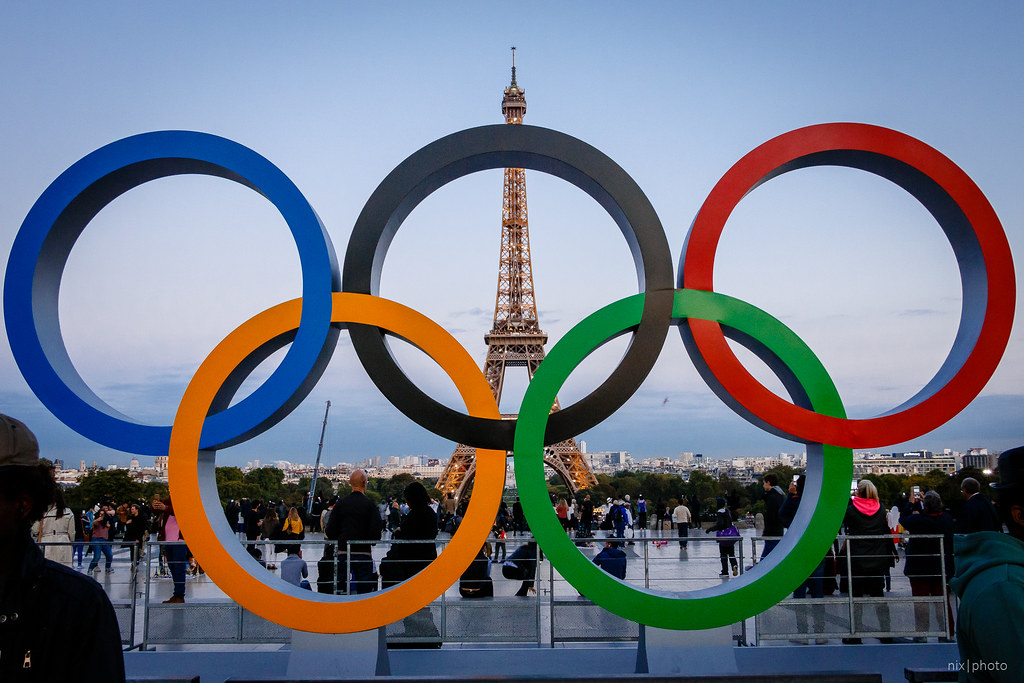The current global economic landscape has spilled over into the planning for Paris 2024.
The French Minister for Sport and the Olympic and Paralympic Games, Amélie Oudéa-Castéra, has asked the International Olympic Committee (IOC) Coordination Commission to relax some of its technical requirements for the Paris 2024 Games, according to Francsjeux.com.
The two parties met on August 30, where Oudéa-Castéra asked the commission to revise some of its technical specs “a little downwards” as a result of the economic dip felt around the world.
“We will have to deal with the adverse effects of inflation,” Oudéa-Castéra said (via French translation).
“It will sometimes be necessary to re-discuss with you certain specifications and see the reasonable side of revising them a little downwards. Moderate all forms of costs and be on the hunt for ‘waste.’ There is no room for bureaucracy, there is no room for unnecessary coordination costs. It may sometimes be necessary to work on optimizations, and sometimes on optimizations of lesser recipes.”
Paris 2024 president Tony Estanguet outlined how optimization will be critical in finding financially sound solutions to make things work with the Games less than two years away.
“In the current context, with the health, economic and geopolitical crises that have been linked for two years, maintaining the level of ambition until the end will be a real challenge,” he said.
“We are going to need your help to find new sources of optimization and to go even further in the savings to be made.”
The specifics of what will be downgraded are still to be determined, and will be analyzed on a case-by-case basis in both the lead-up and during the Games.
One thing currently being looked at are the rental periods for competition and training sites based on the sport schedules. They are also projecting that they’ll be able to drop the number of vehicles used by 30 or 40 percent compared to what was used in Tokyo based on the proximity of the venues to public transportation.
IOC Commission chair Pierre-Olivier Beckers-Vieujant was optimistic about the challenge to save money.
“No stone will be left unturned! We will turn over all of those stones to find efficiency and we are going to think outside the box, be flexible, look at getting those creative juices flowing, so that we’re able to ensure that the work linked to optimizing the costs is put into place. It is a collective responsibility that we must take on,” he said.
“We are leaving Paris with the conviction, with the belief that Paris 2024 is on track and will be able to overcome the [budget] challenge and the challenges that may present themselves in the upcoming weeks and months. The teams are ready, the projects are in place, and I have blind faith in Paris 2024.”

At the same time, they are still running soccer/football world cup in Qatar this year with full air conditionned stadiums…
I’m guessing there is absolutely NO chance of “savings” coming out of this. The price tag – both public and private – is enormous. Without strict controls in place BEFORE a city’s bid goes out, the project becomes a self-fulfilling snowball and wrecks everything getting in its way.